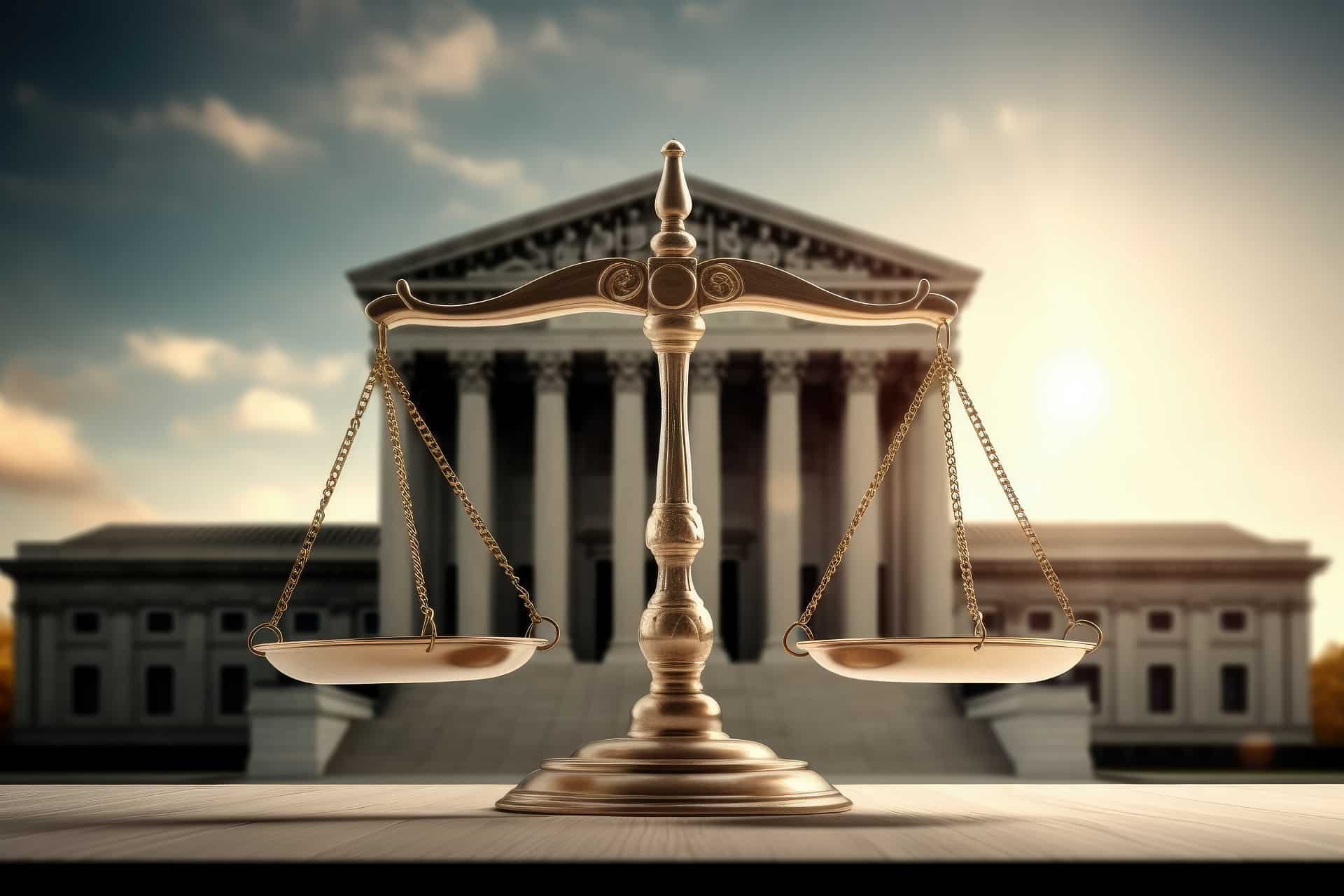
You may have found yourself on this website for many reasons, but I’d like to address the most common one. If you are searching for criminal defense categories because you or someone you know is involved in a criminal trial, you’ve come to the right place.
Criminal defense attorneys generally use four main categories for outlining a successful defense. Most defenses used in court can be boiled down to one of these categories. The following list will just be general guidelines and examples, but the tricky part comes when you need to pick the right one and tailor it to the specifics of your case.
If you’re facing a criminal trial, you need experienced legal help. Our firm brings 30 years of specialized experience in criminal law. For personalized solutions to your legal challenges, contact Keith G. Allen, PLLC, today.
The Four Categories of Criminal Defense
The four categories of criminal defense are important because they make sure people are treated fairly in the legal system. They allow the court to look closely at each case and understand why someone might have committed the crime. This means that people aren’t just punished because they did something wrong. The court also considers if they had a reason to do it.
Also, these defenses ensure that people who didn’t actually commit a crime are not wrongly punished for one. This is the most important part of criminal defense because it keeps the legal system honest and fair. Everyone deserves a defense, and even guilty people deserve to have their side of the story told. So, when it comes time to make your defense, it’s best to have a firm understanding of the categories.
Justification Defenses
Justification defenses are based on the fact that under certain conditions, a defendant’s illegal actions are considered justifiable. This category includes defenses like self-defense, defense of others, and necessity.
When a person believes they need to use force to protect themselves or others from harm, the court is likely to agree. But it will require a reasonable belief that you were in immediate danger and that the force you used was necessary and proportionate to the threat. Necessity defense is used when a defendant argues that they committed a crime to prevent greater harm. An example might be breaking the speed limit to get someone to a hospital.
Courts carefully investigate these defenses to make sure they’re never used to justify crimes that were planned in advance or as justification for unnecessary violence. Whether your attorney can successfully use one of these justification defenses hinges on their ability to explain how your actions meet the criteria. A good defense attorney will argue that you had to make the choices you did or that you saw no other way at the time.
Responsibility Defenses
Responsibility defenses are used in criminal cases when the defendant admits to the crime but argues they should not be held criminally responsible for their actions. This includes reasons like insanity, being under extreme pressure (duress), or not being mentally capable (incapacity).
In these defenses, the main point is that the defendant had something affecting their mind or situation that made them less responsible for their actions. For example, if someone is insane, they might not understand what they did was wrong. Duress is when someone commits a crime because they are being threatened and feel they have no other choice. Incapacity can be due to age or having a mental condition that makes it hard to understand the consequences of your actions.
Courts look at these defenses very carefully. They check if the defendant really had these issues and if these issues are strong enough to reduce their blame. A lawyer’s job in these cases is to show that the defendant had no control over their actions because of these mental or situational factors. The success of these defenses often depends on clear evidence about the defendant’s mental state or the pressure they were under.
Alibi Defenses
Alibi defenses are based on the idea that the defendant was not present at the crime scene and, therefore, could not have committed the crime. This defense involves providing evidence, like witness testimony, video footage, or electronic records, to establish the defendant’s location at the time of the crime.
The key part of alibi defenses is that they are fact-based and rely mostly on concrete evidence to establish the defendant’s whereabouts. Unlike justification or excuse defenses, which focus on the defendant’s state of mind or circumstances during the crime, alibi defenses completely detach the defendant from the criminal act.
In court, the effectiveness of an alibi defense hinges on the credibility and accuracy of the evidence provided. It requires careful investigation to gather and present evidence that firmly proves you were elsewhere when the crime happened. Successfully presenting an alibi can lead to a straightforward dismissal of all charges because it directly removes the defendant from the crime.
Procedural Defenses
Procedural defenses focus on legal procedures and constitutional rights. They often involve illegal searches, violations of Miranda rights, or evidence obtained illegally.
These defenses can significantly affect a criminal case’s outcome. They argue that the legal process was not followed correctly, which can lead to evidence being excluded or the case even being dismissed. The main idea is that everyone has certain rights, and if these are violated during the investigation or trial, it impacts the fairness of the case.
Call The Best in Criminal Defense
The Law Offices of Keith G. Allen, PLLC, have extensive experience defending clients in criminal cases. We know it can be confusing and scary, especially when it’s happening to someone you love. If you need help constructing the perfect defense, call our Pearland office today at (832) 230-0075.
We can listen to your story and investigate it on your behalf. Don’t take chances with your future. Hire the best in Texas criminal defense. Hire The Law Offices of Keith G. Allen, PLLC, today.




